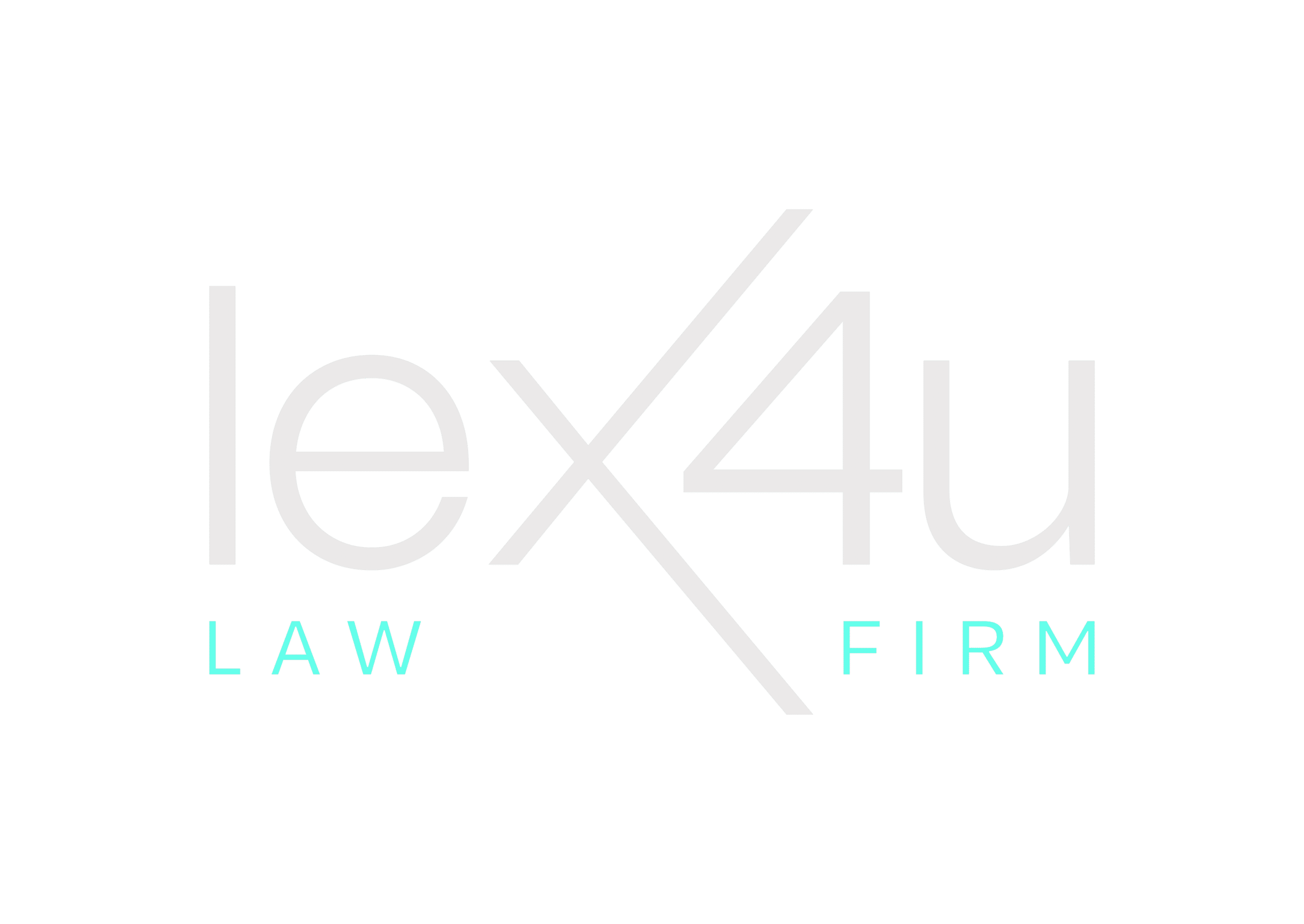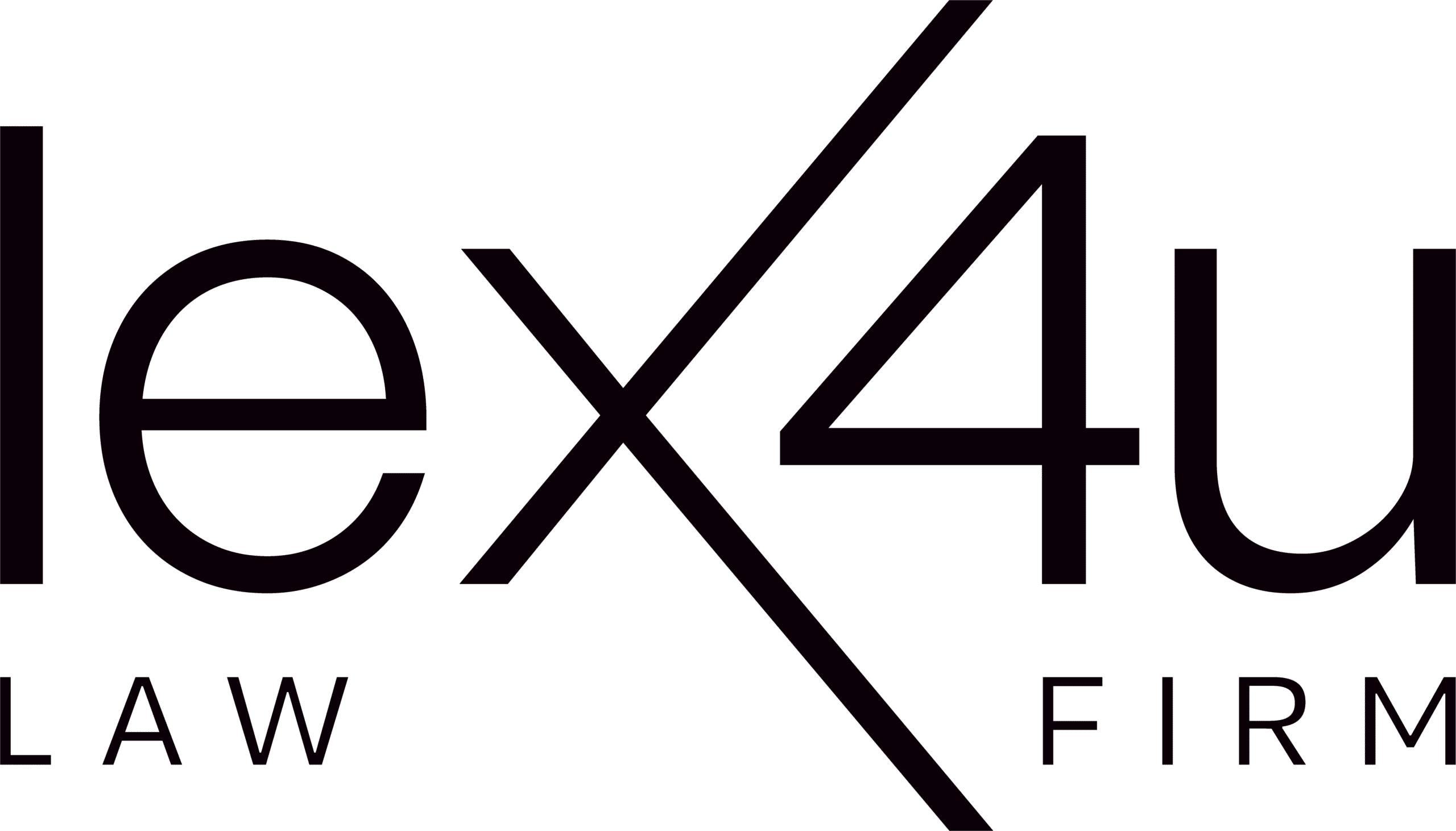1. Referencing categories
Nowadays, Internet referencing is a major issue for companies, particularly by virtue of the visibility it confers on a website.
There are two categories of Search Engine Optimization on the Internet: “natural” SEO and “paid” SEO.
Paid referencing involves the purchase of keywords which, if they match the query sent to a search engine, will result in an advertisement with a link to the advertiser’s site. This referencing is accompanied by the words “advertisement”, “commercial links” or “sponsored links”. It should be noted that this type of referencing appears in separate zones from natural referencing.
The “natural” referencing, or “SEO” (Search Engine Optimization) involves a strategic choice of terms used in the website’s content (“tags”) in order to index it by search engines and move it up the results displayed, thus optimizing the website’s referencing.
In both cases, the referencing enables a website to be positioned in the top results of search engines.
Among the keywords generally chosen for search engine optimization are generic terms, as well as brand names and, in particular, competing brands. However, not everything can be used to increase visibility on the Internet.
2. Illegal practices
Is it permissible to use competitors’ brand names as keywords in order to improve your Internet ranking ?
In principle, sensu stricto, the use of a third party’s trademark in the course of business and without prior authorization constitutes an act of infringement. Where do you draw the line between permitted use and counterfeiting ?
Whether you’re looking for better natural referencing or paid referencing, keyword selection is crucial. The use of branded keywords is not in itself illegal. In fact, it is more a question of directing the Internet user’s economic behavior and creating a risk of confusion, which together constitute a litigious commercial practice, as illustrated by the case law of the Court of Justice of the European Union (CJEU) set out below.
- The Google Adwords case 1
Adwords is a paid search service developed by Google. In this case, which dates back to 2010, three trademark owners sued Google for infringement for having allowed third parties to use their trademarks as keywords to optimize their website’s search engine optimization.
As far as advertisers are concerned, the CJEU considers that a trademark owner may prohibit an advertiser from advertising, on the basis of an identical or similar keyword selected in the context of an Internet referencing service, for goods or services identical to those for which the disputed trademark is registered, “in the case where that advertising does not enable an average internet user, or enables that user only with difficulty, to ascertain whether the goods or services referred to therein originate from the proprietor of the trade mark or by an undertaking which is economically connected to it or, on the contrary, originate from a third party.”(point 45 of the Judgment).
Trademark owners can therefore prohibit advertisements for goods and services identical to their own, which appear thanks to the selection of keywords identical to their trademark.
However, this prerogative to prohibit trademark use is linked to an essential condition: such use must undermine one of the essential functions of the trademark, namely the guarantee of origin.
This is the case when advertisements do not allow, or make it difficult for, the Internet user to know whether the goods or services covered by the advertisement come from the trademark owner or a company economically linked to it, or, on the contrary, from a third-party company. In this sense, there is a real risk of confusion on the part of the web surfer, as the advertisement as presented is likely to mislead the latter as to the origin of the goods or services.
As far as service providers are concerned (such as Google, for example), the use of keywords corresponding to third-party trademarks as part of their Internet referencing service is not in itself an act of infringement. When it comes to infringement, the CJEU treats SEO service providers and advertisers differently.
- The case of Interflora v Marks & Spencer 2
In the CJEU case of Interflora v Marks & Spencer, the judges held that (reputed) trademark owners cannot prohibit Internet advertisements posted by competitors using keywords corresponding to those trademarks and offering alternatives to the trademark owners’ products or services, as long as such use does not undermine the functions of the trademark, or prejudice the distinctive character of the trademark (dilution) or its repute (tarnishment), and without offering an imitation of the trademark holders’ products or services (point 95 of the Judgment).
On the other hand, the advertiser may be held liable if the use of a third party’s trademark infringes or is likely to infringe one of the trademark’s functions.
This is particularly the case when such use undermines the trademark’s function of origin, i.e. when the advertisement as displayed contains indications likely to mislead the Internet user as to the origin of the goods and services advertised.
An advertisement may also be perceived as misleading and therefore unlawful if it suggests the existence of an economic link with the owner of a trademark. This is the case when the web surfer is unable to determine whether the advertiser is a third party in relation to the trademark owner, or whether it is economically linked to the latter.
This decision is in line with the CJEU’s case law on paid search (Adwords), which held that the use of a third-party trademark in the context of search engine optimization did not in itself constitute infringement, as long as the trademark’s function as a guarantee of origin was not undermined.3. Conclusions : In natural or paid search engine optimization, the use of another’s trademark will be lawful as long as it does not infringe the functions of the trademark and, more specifically, does not suggest an economic link between the trademark owner and the advertiser, causing a risk of confusion in the mind of the Internet user/consumer. On the other hand, the use of a third party’s trademark for referencing purposes is strictly forbidden if the Internet user is likely to misunderstand the origin of the goods or services referred to in the advertisement. In fine, regardless of the technology used in the context of SEO, Courts and Tribunals condemn any practice that leads to a risk of confusion for the normally informed and reasonably attentive consumer. It should be recalled that it is the orientation of the economic behavior of the internet user, accompanied by a risk of confusion, that together constitute a litigious commercial practice. Indeed, unfair commercial practices are those that are contrary to the requirements of professional diligence (risk of confusion with the holder’s trademark) and that are likely to substantially alter the economic behavior of the average consumer (economic behavior orientation). In any case, when you wish to use SEO techniques to promote your website, particular attention must be paid to the selected keywords in order to avoid infringing on competing trademarks. When using keywords referring to a protected trademark, keep in mind the following guidelines: Your ad must enable the internet user to easily distinguish that the products or services targeted by the ad do not come from the trademark holder or a company economically linked to it: either the ad itself is sufficiently explicit, or the link in the ad directs to websites, such as second-hand sites (e.g., eBay, Vinted), that the internet user is expected to know obviously do not belong to the brand’s distribution network. In other words, the ad must not contain indications suggesting any connection with the trademark holder; it does not imply the existence of an economic link with the trademark holder. If the chosen keyword is both a trademark and a common language word (e.g., Caddie, Tupperware, Scotch), it must be used in the ad in its common sense, either to generically refer to the promoted products or services or to describe the products or services, without reference to the trademark. Frédéric Dechamps and Adeline Balza , attorneys at Lex4u.Notes





